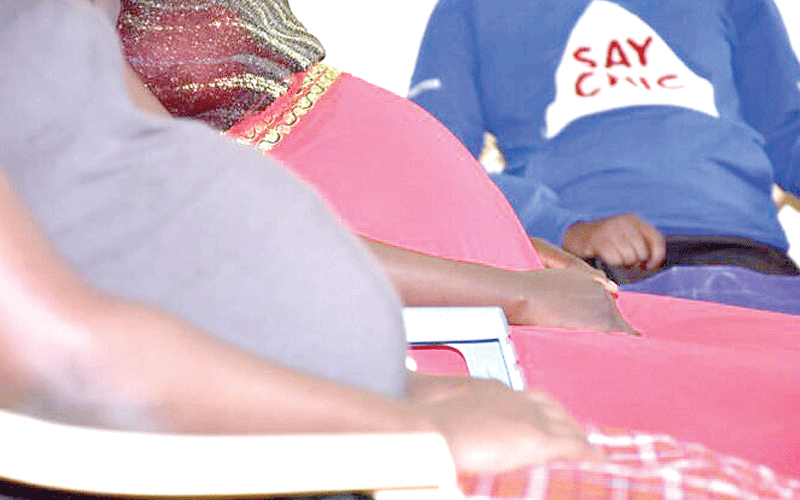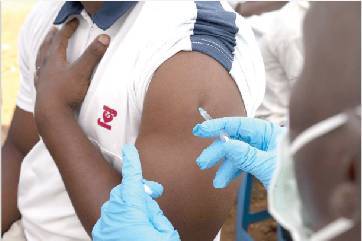Concern over rise in sexual violence during Covid wave

Medical experts and sociologists are grappling with a sharp increase in cases of sexual violence during the coronavirus pandemic.
Also of concern is the decrease in number of non-communicable diseases as well as visits to hospitals since March, when the first case of coronavirus was reported in the country.
A study conducted by the National Emergency Response Committee on Coronavirus indicates that by July, the country had recorded a drastic decline in outpatient attendance to hospitals, bed occupancy, mortality rate, testing and treatment of malaria as well as new cases of tuberculosis and hypertension.
Rising cases
There were 3, 994 reported cases of sexual violence in July this year compared to 2,559 at the same time last year. In June, there were 3,542 cases compared to 2,190 last year.
At least 14,573 general violence cases were reported in June this year compared to 10, 736 last year while July recorded 15, 703 compared to 11,814 the previous year.
Women activists across the globe have complained that lockdowns to curb the spread of Covid-19 have fuelled an upsurge in gender based violence.
The release of the statistics come barely two months after President Uhuru Kenya, ordered the National Crime Research Centre to investigate the rising cases of violence against women and girls.
The cases are rape, domestic violence, Female Genital Mutilation and early forced marriage as a result of Covid-19.
Addressing the nation in early July, the President expressed concern over the “increasing tensions” within the home and noted that gender based violence, mental health issues and teenage pregnancy had increased.
“We must always remember that the family is a projection of the State. If the family is under attack, the State is under attack.
I therefore order the National Crime Research Centre to probe the escalating cases of gender based violence,” the President directed.
The report also details a general decline in the number of outpatients in hospitals across the country in what the authorities attribute to the fear of people being tested for coronavirus.
“There was a slight increase in the utilisation of outpatient services in July compared to June, but the data was still lower than what was reported for June in the previous years,”the study indicates.
In July this year, only 5,305,755 Kenyans visited hospitals for outpatient services, compared to 7,901,019 recorded last year.
The same trend had repeated itself in June 2020, where only 5, 115, 354 patients visited hospitals compared to 7,904,906 last year.
Leading killers
The decline was more noticeable in Nairobi, Kiambu and Kakamega counties, with the committee describing the areas as worst hit.
Diarrhoea, one of the leading killers in children under five years, have also been on the decline because of the heightened hygiene measures, and so are upper respiratory tract infections.
The country also recorded low mortality rate despite the outbreak of the deadly coronavirus pandemic.
The country also witnessed a decline in the number of new diabetes, Tuberculosis, malaria and hypertension cases in 2020 compared to the previous years.











